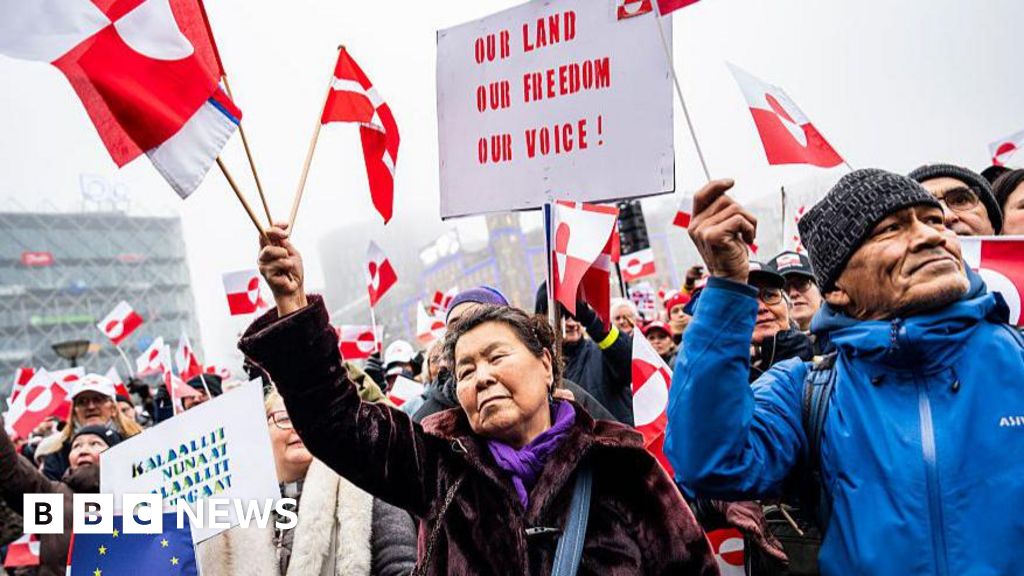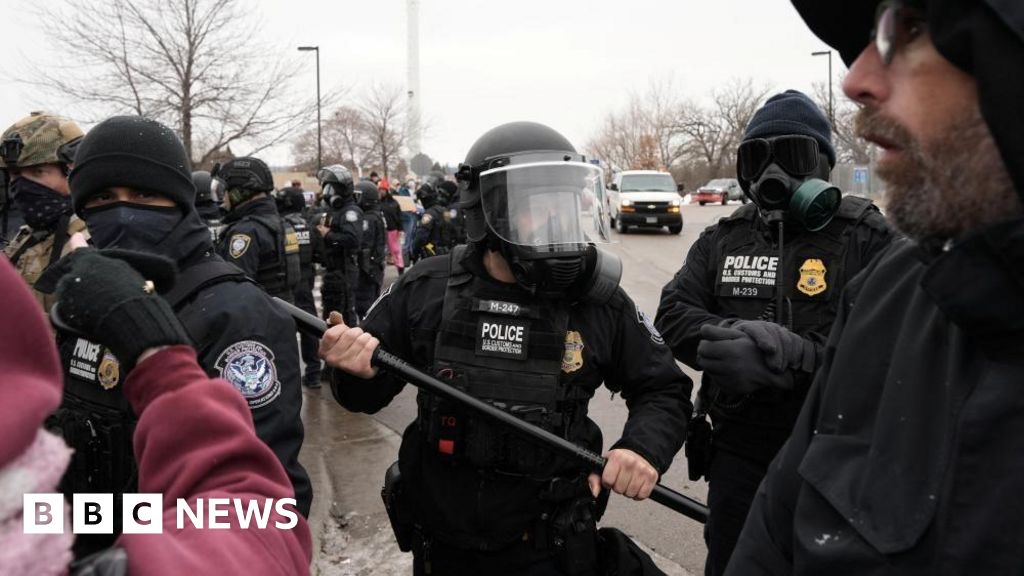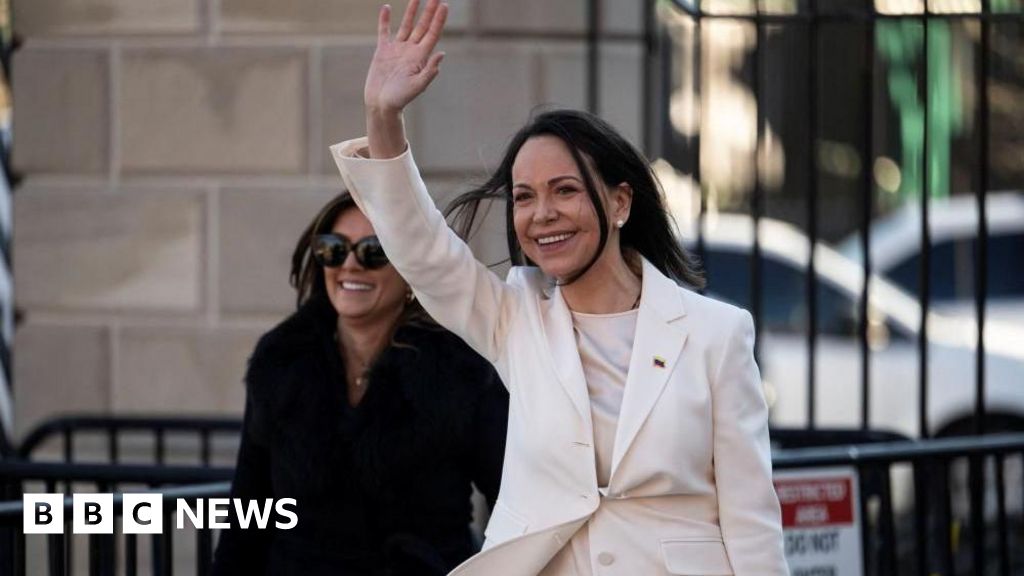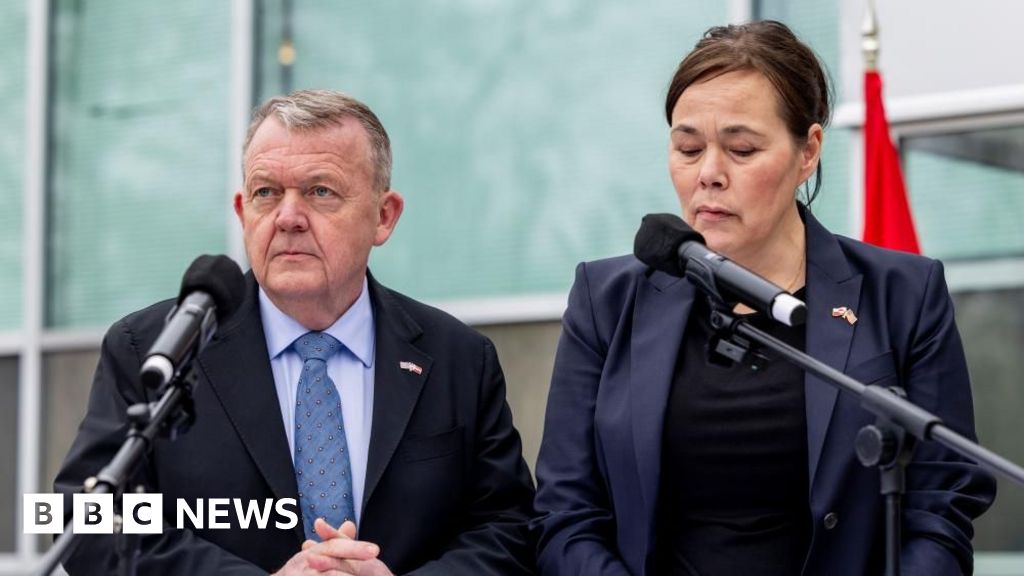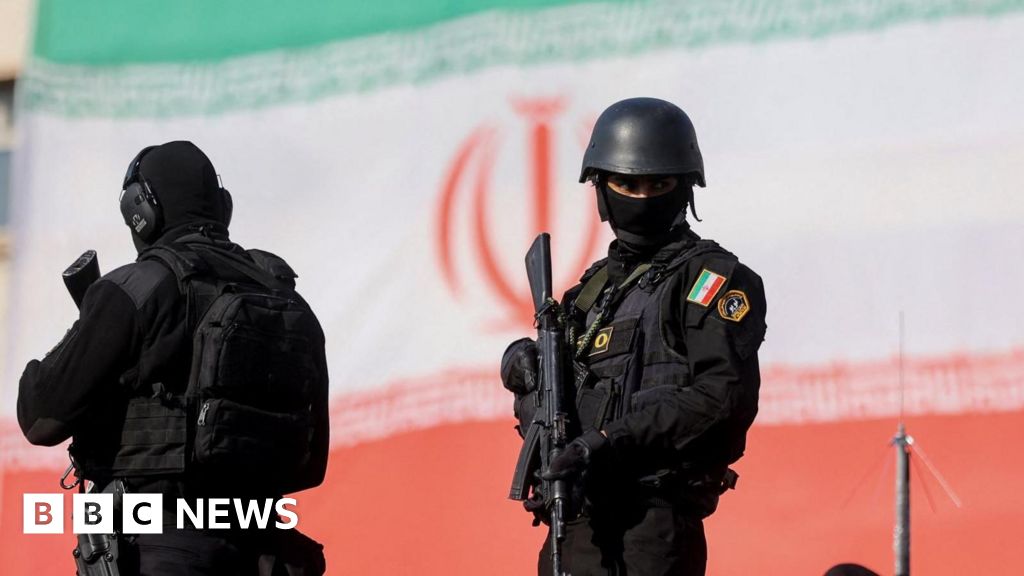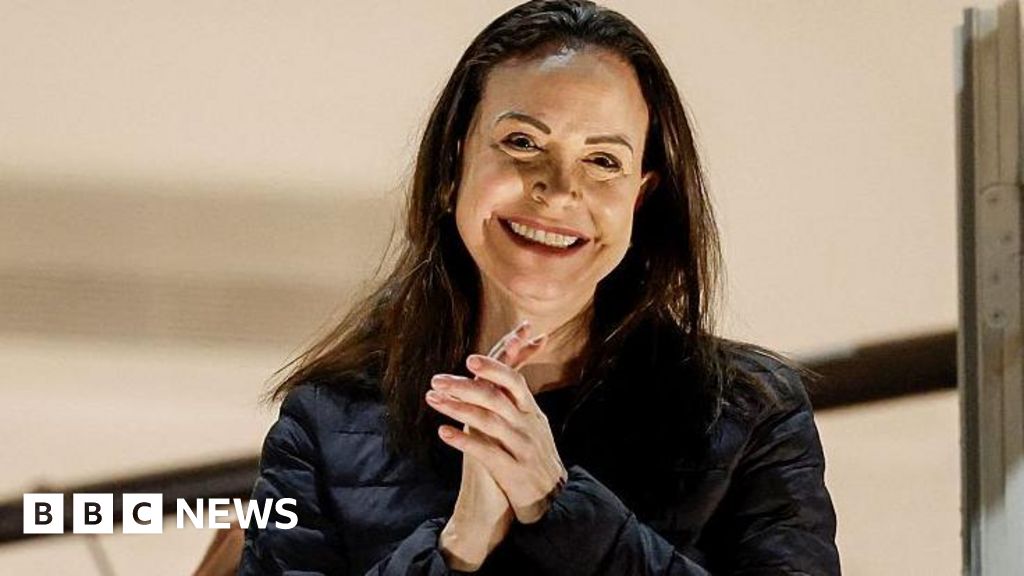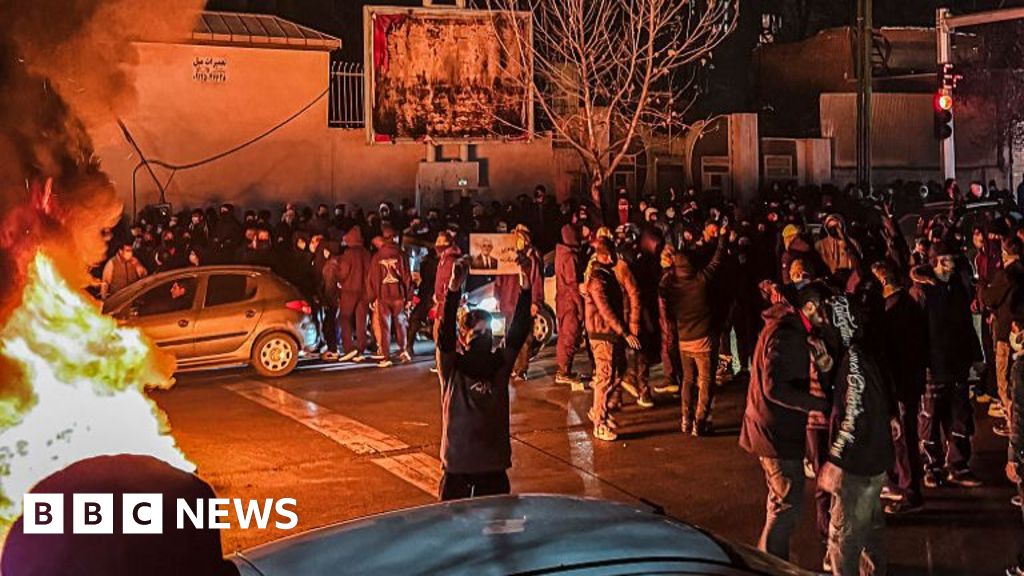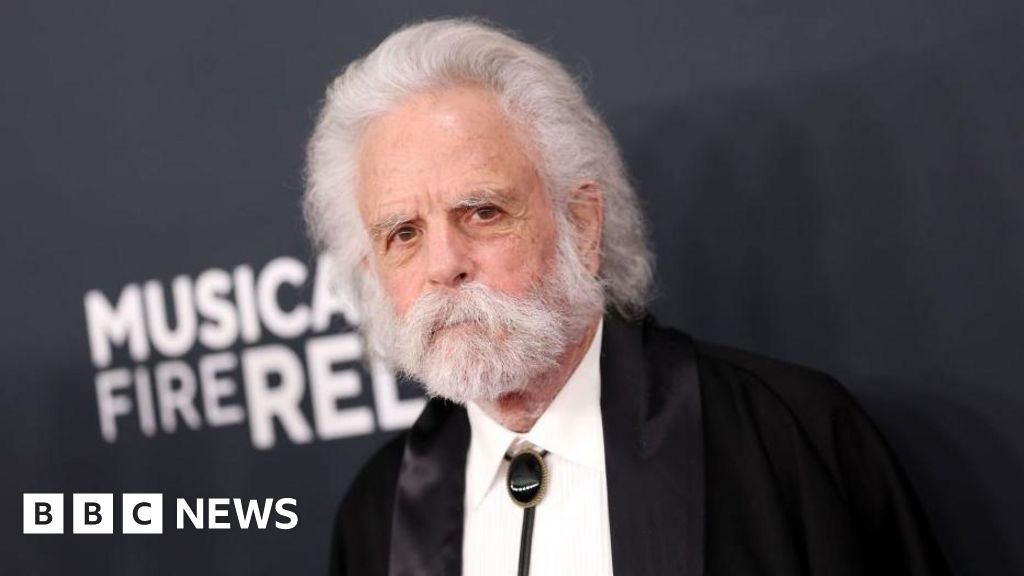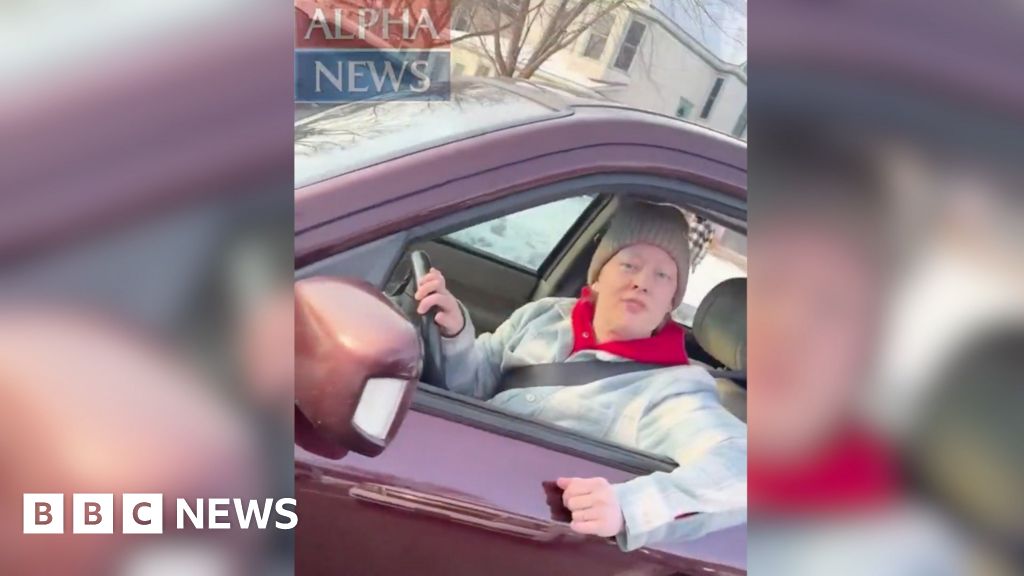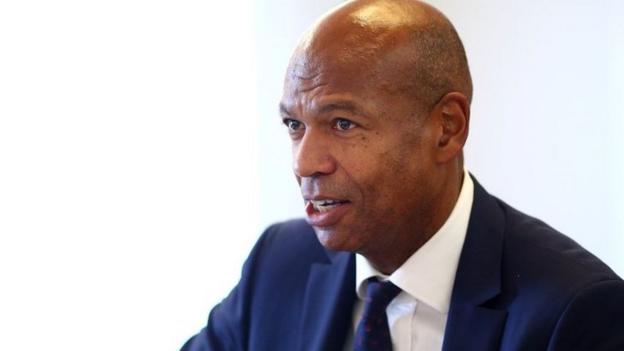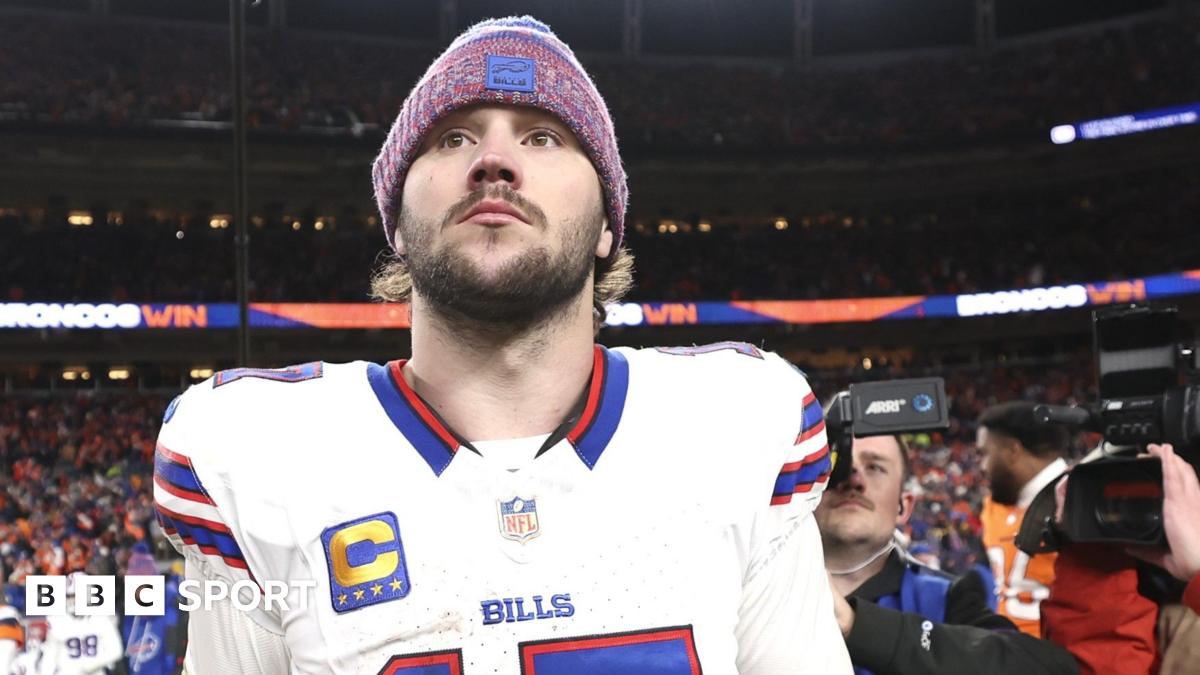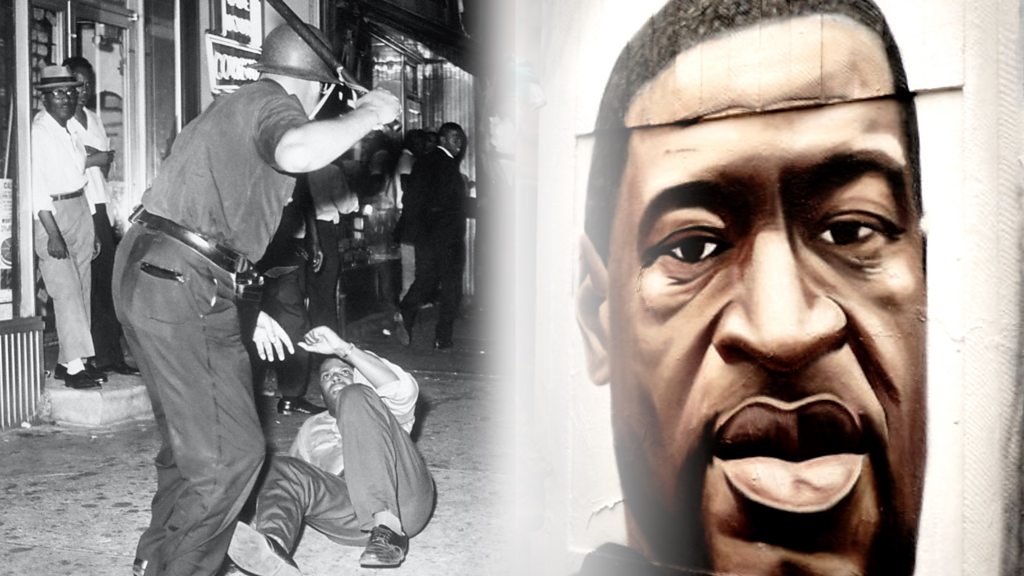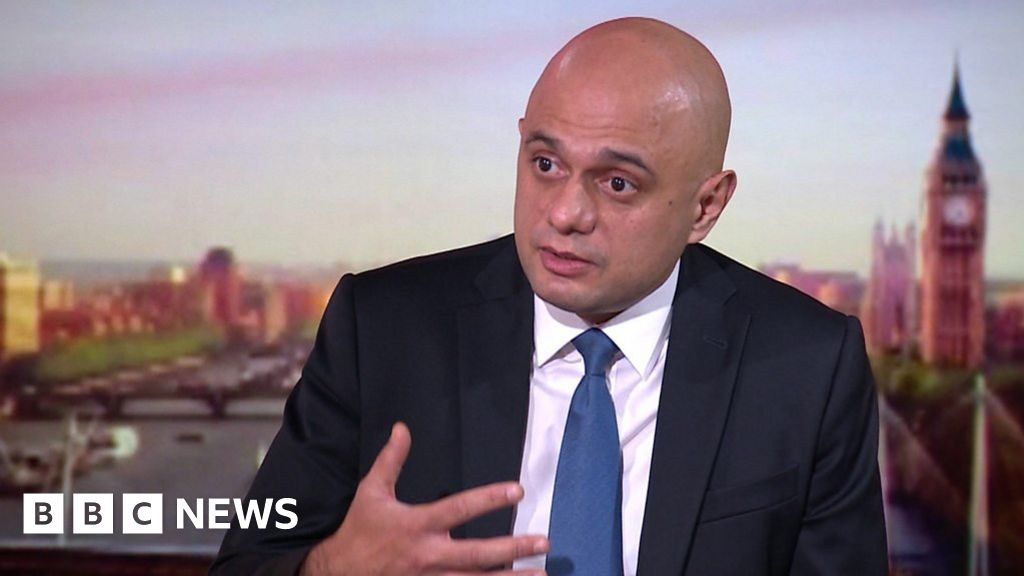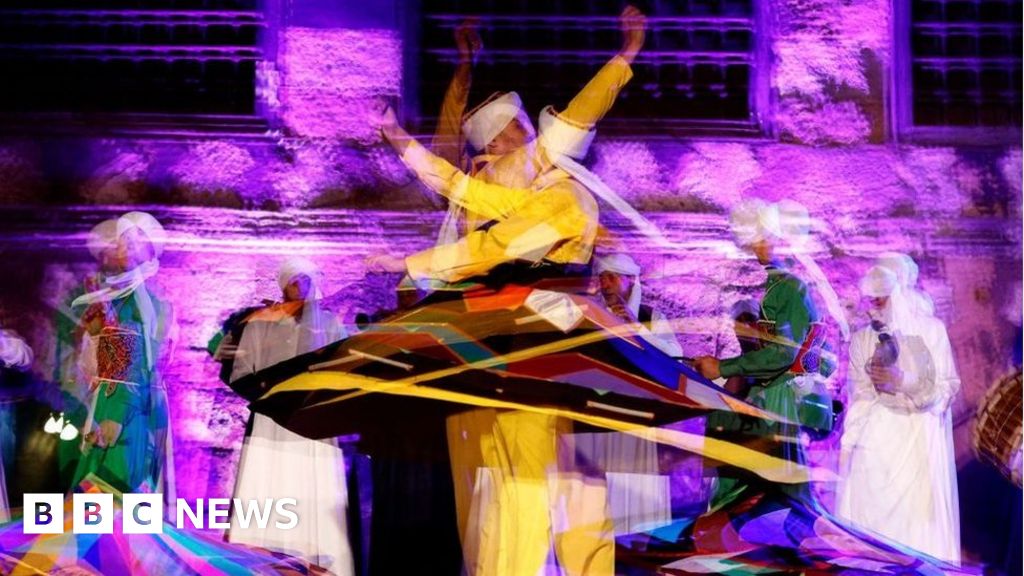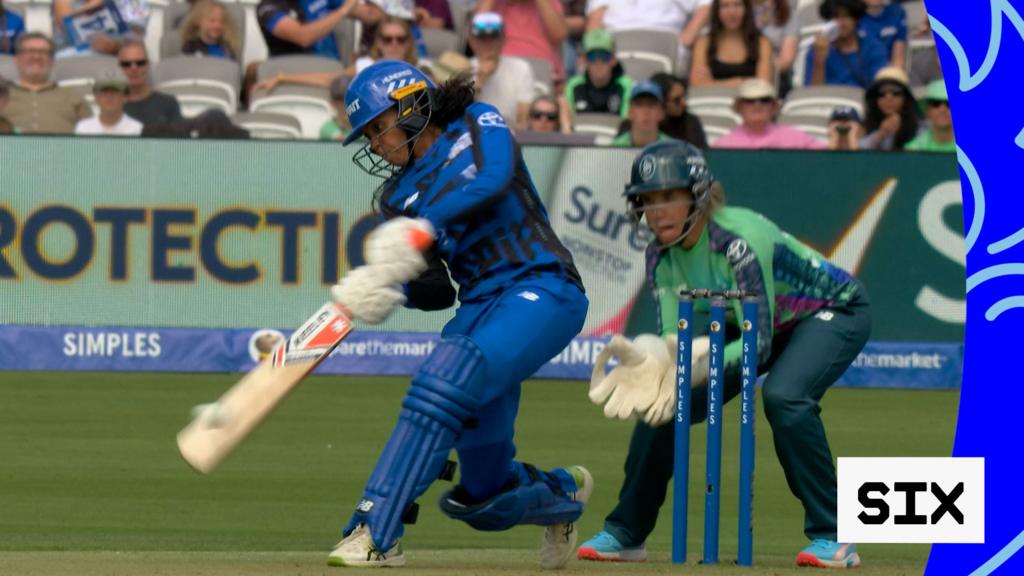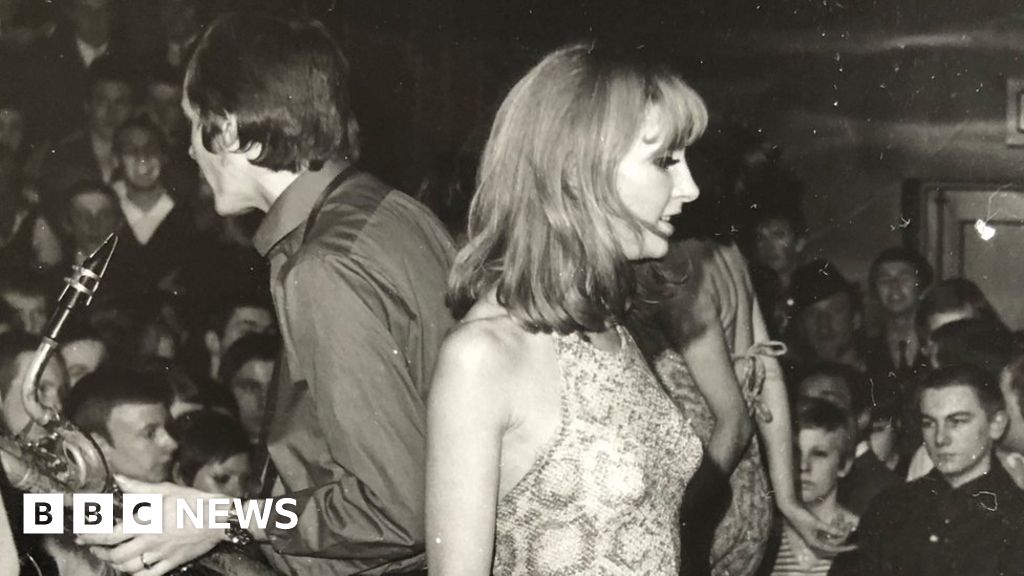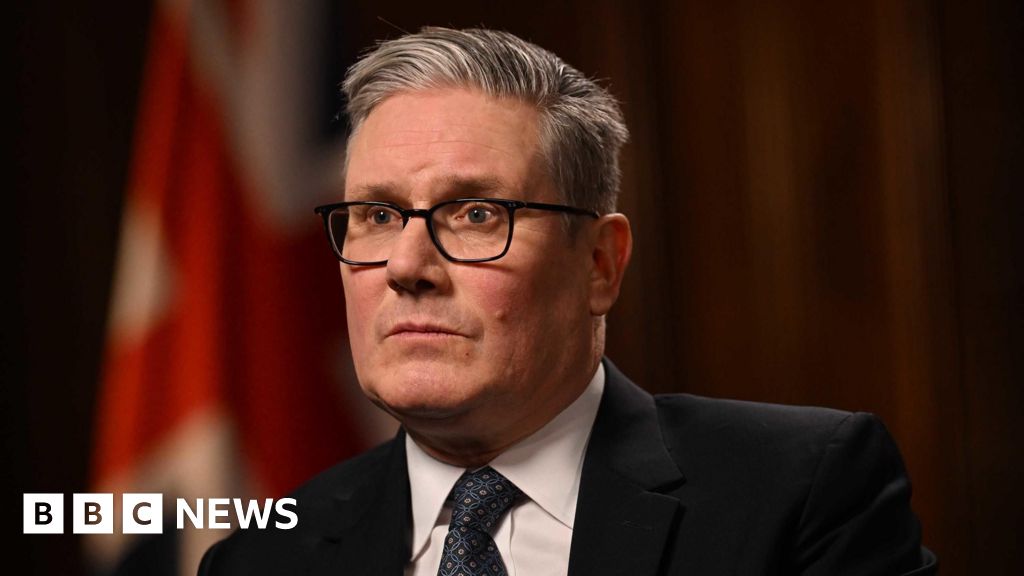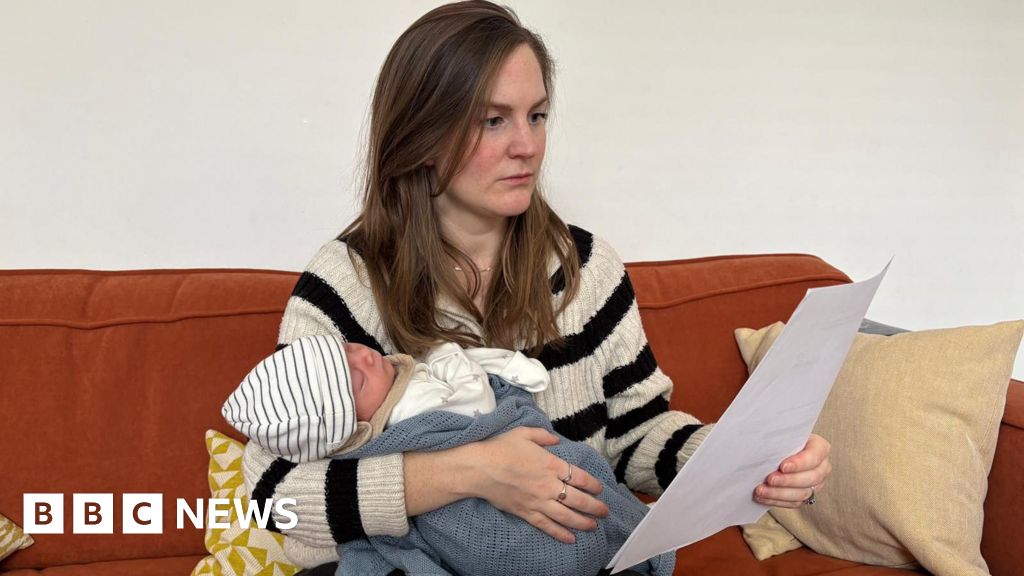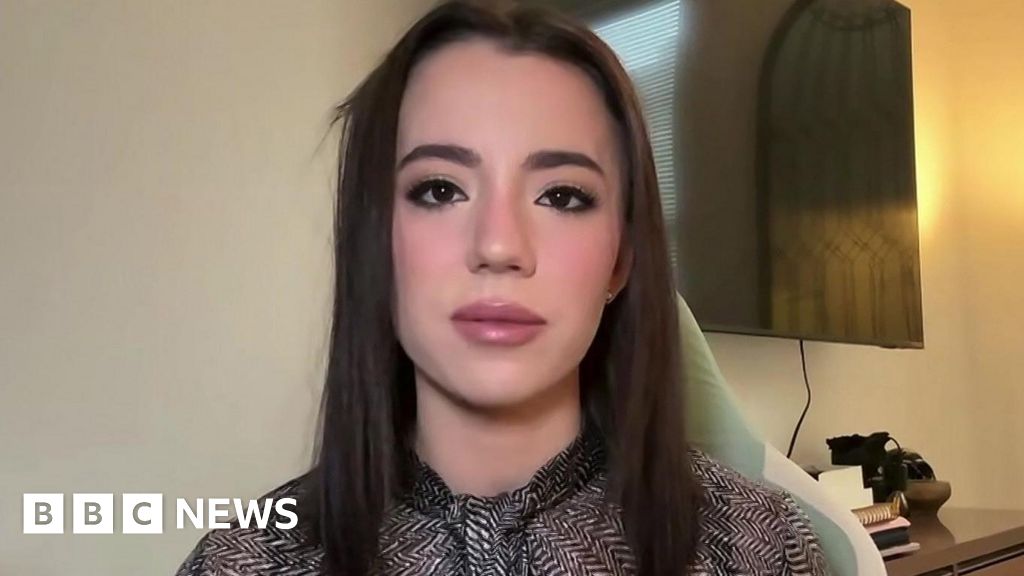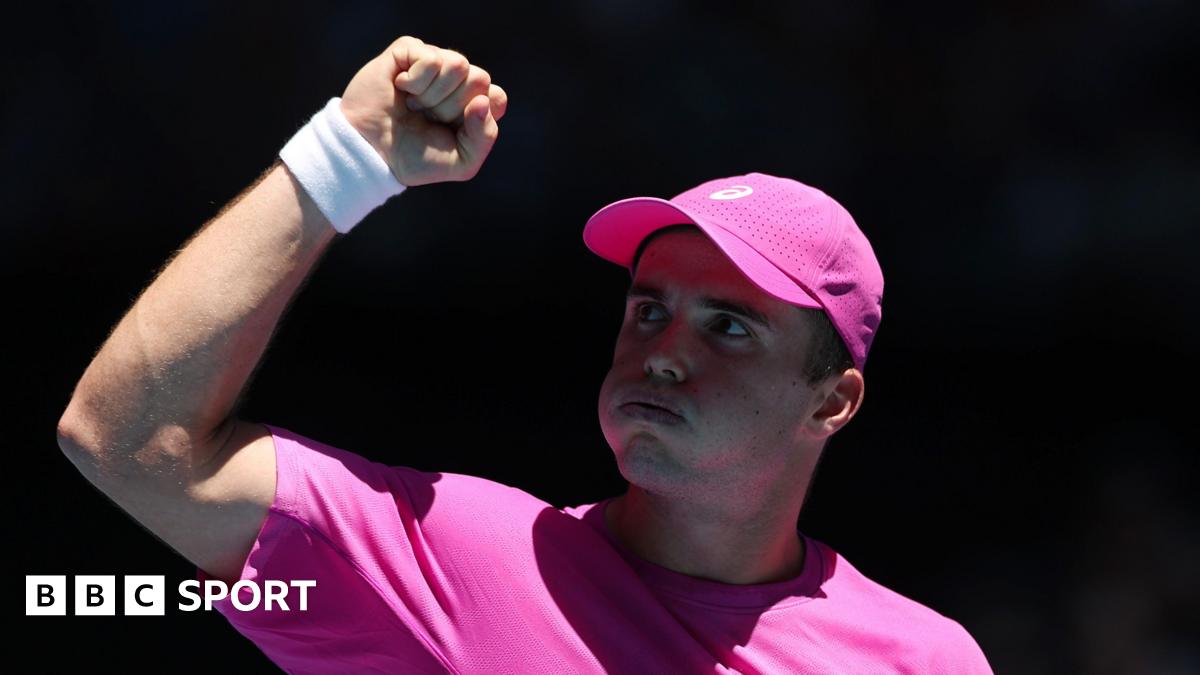It is not the “job” of professional athletes to “fix the systemic problem” of racism in sport, says Sport England board member Chris Grant.
A number of sportspeople have spoken out since the death of American George Floyd.
The 46-year-old died while being arrested on 25 May in Minneapolis, USA.
Thousands of people have taken part in marches across the UK, despite a government ban on mass gatherings because of the threat of coronavirus.
England and Manchester City footballer Raheem Sterling and world heavyweight champion boxer Anthony Joshua are among the British athletes to have backed the Black Lives Matter protests.
Sterling told the BBC “the only disease right now is the racism that we are fighting”.
Grant, who is one of the most senior black administrators in British sport, has asked for a commission to be set up to explore the “roots of inequality in sport”.
“These problems have grown up quietly over decades,” Grant told BBC Sport.
“I salute [footballers] Raheem Sterling, Eni Aluko and Alice Dearing, who will be our first black swimmer at Tokyo next year, for speaking out.
“At the same time, it is not their job to fix this, and that is why I have written to the chairs of UK Sport and Sport England, asking them to work with other leaders in sport to see the real extent of these problems, and to fix them.”
Grant’s request follows comments by Sport England chief executive Tim Hollingsworth, who said “sport has never done enough properly to tackle racism”.
In response, UK Sport chair Dame Katherine Grainger said: “There is absolutely no place for racism or discrimination of any sort in sport.
“We acknowledge that, sadly, racial inequalities still exist and we are determined to do everything in our power to eradicate it.
“[UK Sport chief executive] Sally Munday and I have arranged to meet with Chris to discuss this important issue.”
BBC Sport has also approached Sport England for a comment.
